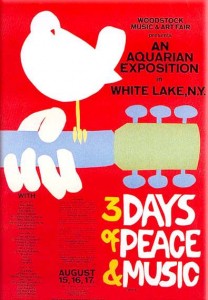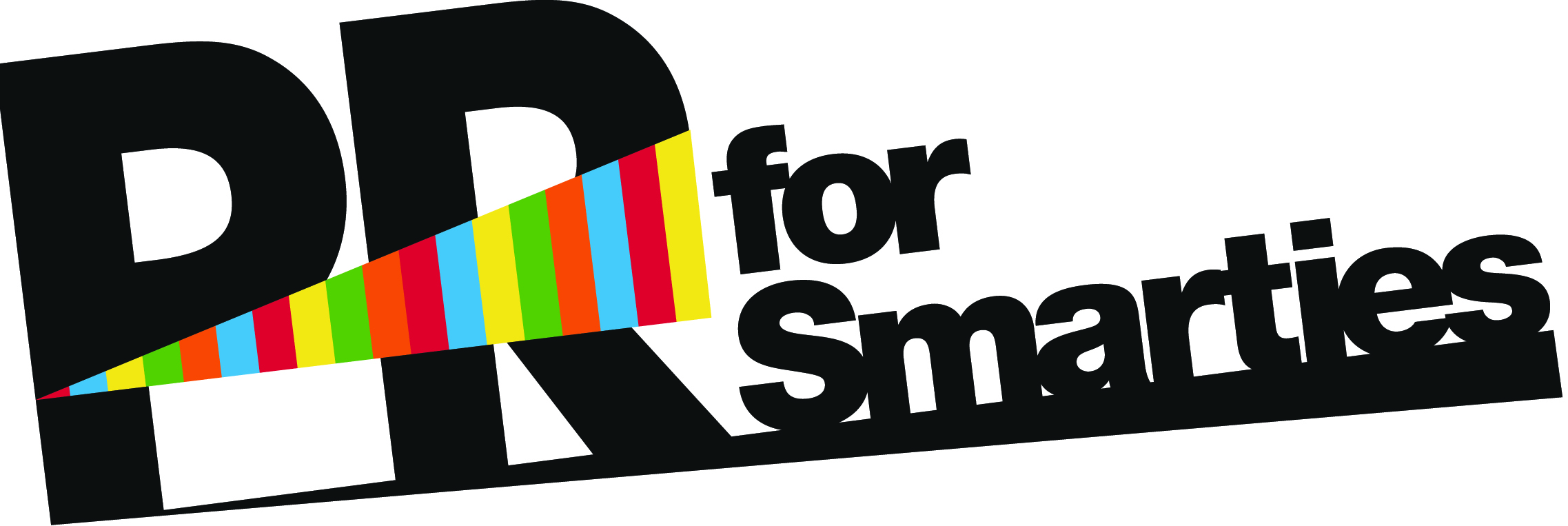 I am a huge fan of festivals, mini-festivals and conjuring various series out of thin air. I think they present a fantastic opportunity to create some excitement about what it is you are presenting. Often the branding and content matters more than the size. (One of the most successful “festivals” I worked on had only three productions!)
I am a huge fan of festivals, mini-festivals and conjuring various series out of thin air. I think they present a fantastic opportunity to create some excitement about what it is you are presenting. Often the branding and content matters more than the size. (One of the most successful “festivals” I worked on had only three productions!)
But whatever you create, don’t leave the branding as an afterthought.
A client was experimenting with a new series, launching the initiative with two projects over two weekends, spaced about a month apart. Based on their marketing language, they were pretty darn close to a staged reading. Staged readings with no A-list celebrities are not exactly press friendly, so their marketing was going to have to do the bulk of the work.
The ticket price on each was not insignificant. And they really were concerned about selling tickets. So I suggested that they bundle the two together, and offer some sort of “subscription offer” for both. Buy the two together, in advance, and the price is lower than buying the two separately.
There was real excitement over this idea–it would save costs by doing one marketing piece and one bulk mailing, I was told.
When the marketing piece landed in my mailbox, I took a look and had a head scratch moment. There was no offer to purchase both together at a discount. And no mention that they were part of a new series that this company was launching. In fact, I don’t even recall seeing even a mention of the series’ name. If it was there, it was so small it went completely unnoticed. Similarly, the online information made it look as though it were two completely separate shows.
By not immediately building excitement for the new series, through a mini subscription and space to talk about what how exciting this new initiative was, they lost a huge opportunity. By treating each project in the series as a separate, stand alone entity, they have zero branding and are relying on each show to sell tickets on their own merits, rather than having audience jump up and down at whatever project is on offer. So one weekend may sell out, but when the next weekend rolls around the crickets may well be chirping.
It may well be a pain in the ass to begin. You may have huge challenges figuring out how to set up your system to sell in bundles, and how to allocate the money for eh production, particularly if their single ticket prices have different price ranges. You may not get it completely right the first time. So take what you have learned and apply it to the next. And the next. And the next. The point is, don’t use the complications as an excuse not to do them. You can go back and finesse each time.
The pay-off may not come immediately, but it eventually will if you are consistent and focus on building it season after season. Brits Off Broadway sold a paltry number of Brit Passes in its first year. And every year it’s complicated, and every year the system is finessed to make it a little less so the following year. But now the passes are a significant income generator for each show in the festival. They are extremely popular.
So package it, bundle it and promote the crap out of it. And don’t forget to brand it. Focus on building the festival, series or whatever it is, give it a great name and make the brand stand on its own.

I agree with you bundle and brand, all the “biz” companies do it, just look @ Telus, they have bundle and brand down to an art – including their commericals with the hippo’s which I think is BRILLIANT.
We can take a cue~ great post and thanks for sharing bundle, brilliant.
Thanks, Susan!
You know, I was actually having a really hard time getting this post going because over the years, I’ve developed a real aversion to the word “branding.” I guess it was late 90s or so that biz cos started overusing that word. It feels so Donny Deutsch-icky to me (shudder). But there’s really no other word for it (at least that my feeble mind could come up with) and it is a pretty important thing that often goes by the way-side when small orgs are focused on 1000 other things. It’s probably the one over-all thing that should always be at the front of your mind.
Thanks for contacting me – here is another thought:
Simply put, your brand is your promise to your customer. It tells them what they can expect from your products and services, and it differentiates your offering from your competitors’. Your brand is derived from who you are, who you want to be and who people perceive you to be.
I too think the word “branding” is “overused”, “misused”, or just simply “used”.
It is like for a project I am developing I came up with a definition of “Cultural Tourism” that says what it is at the “root “ and not what the surface of it looks like to different folk. Boy was I surprised how many people “used” this term “Cultural Tourism” and could not define or describe “it”.
I always like to know, (well at least try to), know what “it” is before I move too far out there. (Has something to do with age/wisdom/experience, I guess).